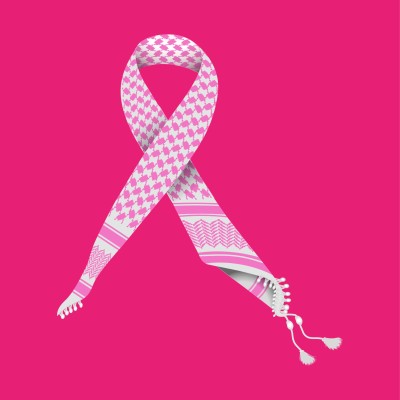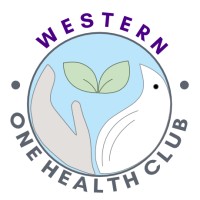
Jordan Breast Cancer Program
The Jordan Breast Cancer Program (JBCP), led by the King Hussein Cancer Foundation and Center in collaboration with the Ministry of Health, is the national program responding to breast cancer, the most common cancer in Jordan. Our mission is to shift diagnosis from late stages (III–IV) to early stages (0–II), where treatment is most effective. We achieve this by: - Expanding access to quality screening services across the Kingdom - Raising awareness and equipping people with knowledge that saves lives - Advocating for evidence-based policies to strengthen healthcare systems - Building partnerships that ensure long-term sustainability and impact Through this integrated approach, JBCP makes early detection possible for everyone, women and men alike, with a strong focus on reaching underserved communities. #BreastCancerAwareness #JordanHealth #EarlyDetectionSavesLives #KHCF #PublicHealth






